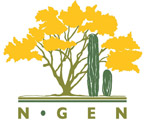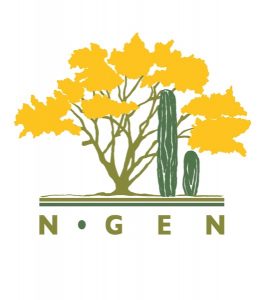[vc_row][vc_column][vc_video link=”https://youtu.be/fro7T8UrXqI”][/vc_column][/vc_row][vc_row][vc_column][vc_column_text]
When culture shapes the environment: Culinary markers of northwestern Mexico and the ecological consequences of carne asada
Nemer E. Narchi [1, 2], Alberto Búrquez [3], Sarah Trainer [4], Rodrigo F. Rentería-Valencia [5]
Abstract
Carne asada, the art of grilling and consuming meat, has become a consumptive and culinary practice that cuts across all social spheres in Northern Mexico. Moreover, its explosion in popularity and meaning are directly related to the development of a centralized Mexican state during the twentieth century. Using carne asada production and consumption as a lens into larger issues affecting the region we examine the impact that post-European contact pastoralism in the northern arid lands have had on the ecology and sociocultural practices of a geographic area that previously relied on indigenous maize cultivation and highly-structured agricultural sedentarism. Research on the social and ecological effects of carne asada has been little studied to date. In this context, we explore the spatial, temporal, and structural dynamics created by the consumption of carne asada in a specific area of Northwestern Mexico: Hermosillo, Sonora. We document the ecologic, historic, economic, and political mechanisms that sustain the production of carne asada in this area. In doing so, we aim to build a primal analysis for looking at cultural practices under a scope that allows for understanding social and ecological spheres of human existence under a non-dichotomic continuum.
[1] Centro de Estudios en Geografía Humana, El Colegio de Michoacán, nenarchi@gmail.com
[2] Next Generation Sonoran Desert Researchers (N-Gen).
[3] Instituto de Ecologia, Unidad Hermosillo, Universidad Nacional Autónoma de México, montijo@unam.mx
[4] School of Human Evolution and Social Change, Arizona State University, strainer@asu.edu
[5] School of Anthropology, University of Arizona, School of Anthropology, Rodrigo@email.arizona.edu
[/vc_column_text][/vc_column][/vc_row]


